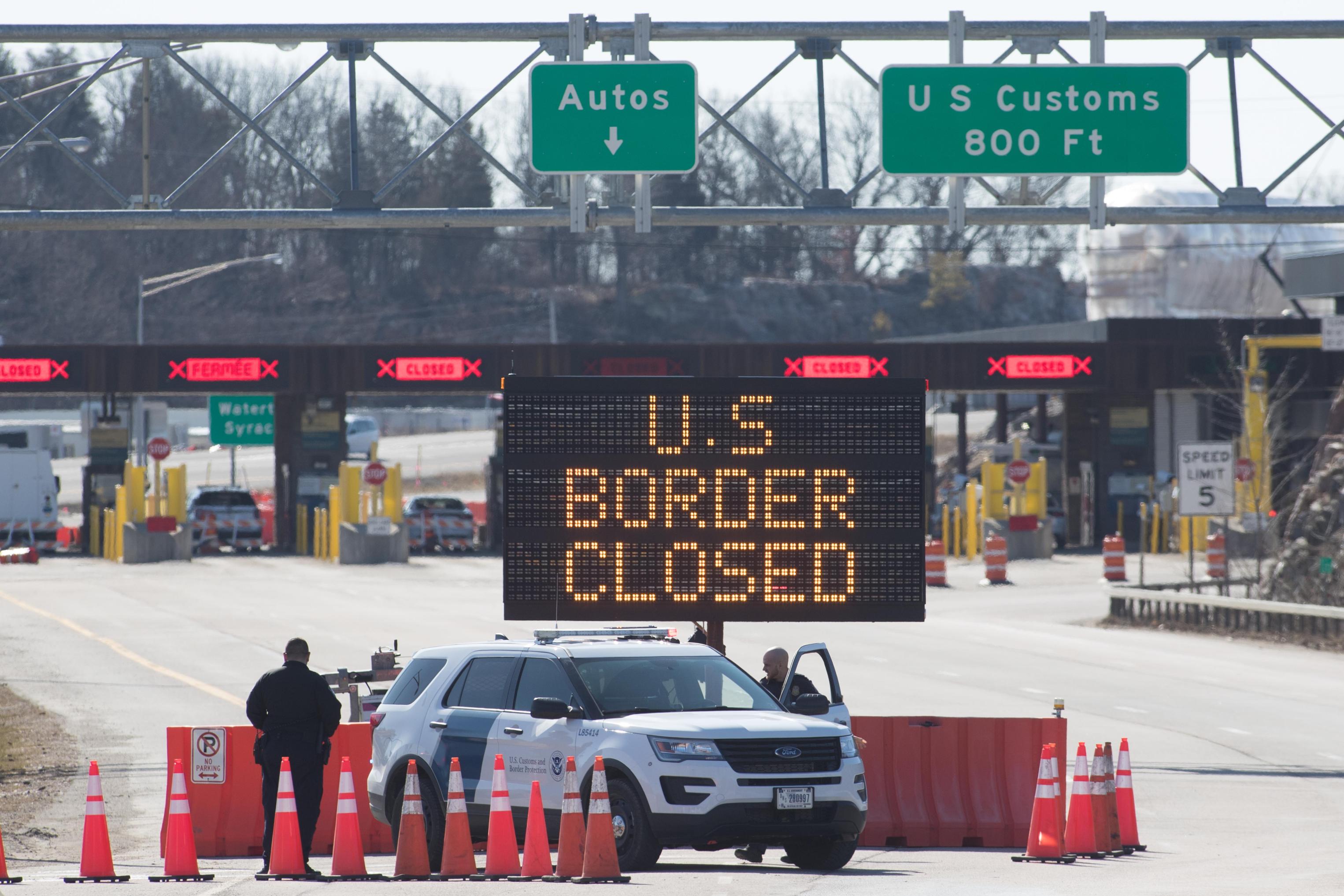
The COVID-19 pandemic was a crisis tailormade for a xenophobe like Donald Trump. The coronavirus provided an ideal opportunity to turn the president’s biggest liability in early 2020 — the nativist bigotry that went so far as to lock babies in cages and then lose hundreds of them, and elicited disgust even among some of his supporters — into a strength. Trump’s inexplicable failure to knock this easy pitch out of the ballpark is my biggest single explanation for why he lost the election to a singularly lackluster opponent.
My report card for Trump’s handling of COVID-19 after lockdowns began in late March is more nuanced than that of most people who share my political leanings.
Give the president his due. It’s not like he didn’t do anything. He hired Dr. Anthony Fauci. He didn’t fire him (though he thought about it). Aside from obnoxious tweets and dumb remarks at rallies, Trump mostly got out of the way while public health officials and local and state politicians shut down the economy to try to flatten the curve. That cannot have been an easy decision for an incumbent during an election year. A Columbia University study found that 130,000 fewer Americans (out of 220,000 at the time of the study) would have died had the United States enforced public-health protocols similar to those in other countries; that still means tens of thousands of people would have died no matter what. It’s not true that he eliminated Obama’s pandemic response unit.
But Trump’s clownish messaging was morally inexcusable and politically inexplicable—and it contributed to the deaths of those 130,000-plus people. He equated mask-wearing with effeminacy, held mass rallies where social distancing was discouraged and virtually nonexistent and went months refusing to be seen in public wearing a mask. To the president’s many failures and unforced errors on the coronavirus I add: slandering the Chinese government whose cooperation we desperately needed, slashing the budget of the Centers for Disease Control, pulling out of the World Health Organization, failing to ramp up production and distribute masks to American households, allowing supplemental unemployment benefits to expire in the middle of the summer, failing to declare a rent and mortgage holiday, and refusing to pivot to a free healthcare system at least for COVID-related treatment and ancillary related illnesses.
That’s quite a list. Yet not all of those crimes devolve exclusively to Donald Trump. Much of it is ideologically inherent to America’s system of gangster capitalism. Any whiff of government-supplied healthcare is vigorously opposed by both the Republican and Democratic parties, and that’s true of President-elect Joe Biden. The U.S. is exceptionally stingy when it’s time to cut checks to get citizens through hard times, no matter which party is in charge.
What baffles me most is how Trump responded to, or did not respond to, the early days of the crisis during the first few months of this year. This was a man who had been elected in large part on a promise to build a big beautiful wall on the southern border, and somehow finagle a way to make Mexico pay for it. One of his first major policy moves was to ban people from Muslim countries from visiting the United States. He started a trade war with China. Once it became clear that a deadly virus was spreading across the globe — a disease that originated in China of all places — why didn’t he close the borders and suspend international air travel? The novel coronavirus fit his America-First narrative that foreigners were dangerous to a T. Why didn’t he respond and message accordingly to a bug that originated with that most bizarre and exotic of foreign creatures, the pangolin?
Trump says he shut the borders early. He dawdled. “Forty-five nations imposed travel restrictions on China before the United States did,” reported The Washington Post. “The earliest of those restrictions went into effect Jan. 24, nine days before the U.S. travel ban went into effect on Feb. 2. The U.S. travel restriction came a month after China first announced its outbreak and at a point when the United States and more than 20 other countries had already reported coronavirus cases.”
Trump’s “ban,” such as it was, was full of holes. It “only prohibited U.S. entry to foreign nationals who had visited China in the last 14 days. Americans and U.S. permanent residents returning from Hubei Province were still allowed, subject to a 14-day quarantine. After these policies were enacted, hundreds of thousands of travelers continued to arrive in the United States via direct flights from China. Until Feb. 27, no other travelers to the United States faced such travel restrictions and quarantine requirements — even if they were arriving from other nations that were reporting coronavirus cases.”
The economic impact of travel restrictions no doubt influenced Trump’s foot-dragging when it came to closing the U.S. to arrivals from overseas. Nevertheless, it ranks as one of this year’s great political ironies that the Nativist-in-Chief presided over one of the last nations on the planet to protect its borders. On a rare occasion when America needed an isolationist leader, it instead got a globalist.
(Ted Rall (Twitter: @tedrall), the political cartoonist, columnist and graphic novelist, is the author of “Political Suicide: The Fight for the Soul of the Democratic Party.” You can support Ted’s hard-hitting political cartoons and columns and see his work first by sponsoring his work on Patreon.)
